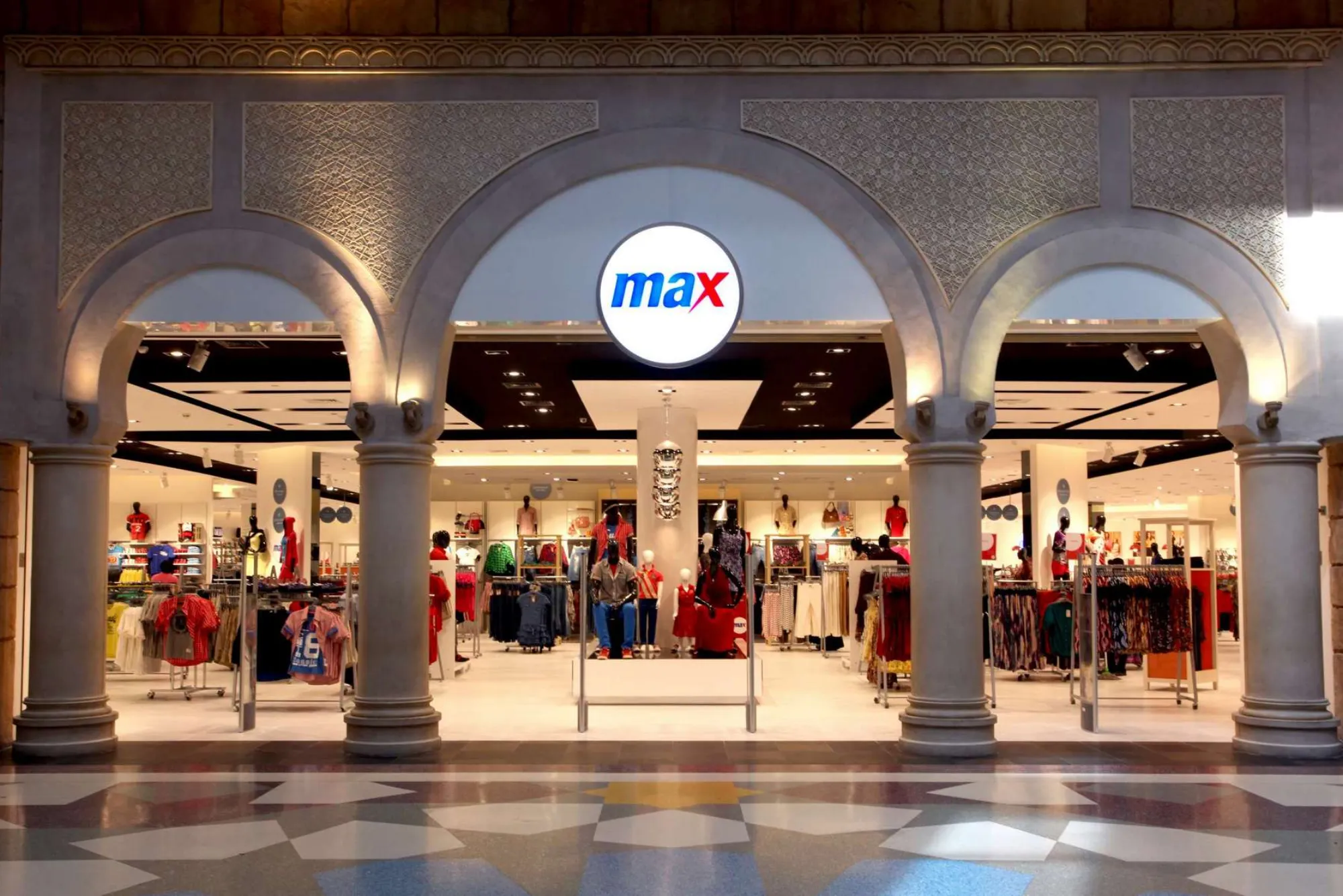Cryptocurrency scams are on the rise, with social media platforms increasingly becoming breeding grounds for these fraudulent activities. Among the more concerning developments is the misuse of reputable organizations’ names, such as the Cryptocurrency Certification Consortium (C4), by scammers on platforms like Facebook. Understanding these scams and learning how to identify and protect against them is essential for anyone in the cryptocurrency space.
What is the Cryptocurrency Certification Consortium (C4)
The Cryptocurrency Certification Consortium, commonly known as C4, plays a significant role in the cryptocurrency industry. It is responsible for setting standards for cryptocurrency professionals, promoting security, and maintaining credibility within the digital currency landscape. Due to its respected reputation, scammers are leveraging C4’s name to appear legitimate, making it challenging for unsuspecting individuals to distinguish between real and fake content on social media.
How Scammers are Using C4’s Name on Facebook
Scammers often create fake profiles, pages, or advertisements that mimic the appearance of reputable entities like C4. Through these pages, they post misleading information, enticing users with fraudulent investment opportunities, or request personal information under the guise of verification. This misuse of C4’s name can lead to trust among Facebook users who assume they are interacting with a legitimate authority in cryptocurrency.
Recognizing a Cryptocurrhency Certification Consortium Scam on Facebook
Identifying scams can be tricky, especially when they disguise themselves under well-known names. Users need to be cautious with any unsolicited messages, investment opportunities, or requests for personal information on Facebook. Real communications from reputable organizations like C4 are usually professionally written and cautious about protecting users’ information. Engaging with questionable posts, links, or pages can be risky, leading to potential scams or even malware.
Understanding te Cryptocurrency Certification Consortium (C4)
The Cryptocurrency Certification Consortium (C4) is an important entity in the cryptocurrency ecosystem. It aims to establish standards for cryptocurrency professionals and promote security in the industry. C4 is dedicated to educating individuals about cryptocurrency while ensuring that professionals meet specific qualifications. Unfortunately, its respected reputation makes it a prime target for scammers looking to exploit trust among Facebook users.
How Scammers Exploit C4’s Name on Facebook
Scammers often create fake Facebook pages, profiles, and advertisements that closely mimic the look of legitimate organizations like C4. These fraudulent entities may post enticing offers, promising high returns on investments or exclusive access to certification programs. By using C4’s name, these scammers attempt to appear credible, luring unsuspecting users into their traps. This deception can lead to significant financial loss and the exposure of personal information.

Identifying Red Flags of a Scam
Recognizing the signs of a scam can be challenging, especially when fraudsters utilize the names of trusted organizations. Users should remain vigilant for unsolicited messages, especially those that promise quick profits or require personal information for verification. Legitimate communications from C4 will typically feature professional language and a clear commitment to user security. If something feels off, it’s best to trust your instincts and proceed with caution.
Best Practices for Protecting Yourself on Facebook
Awareness and caution are your best defenses against scams. To protect yourself from falling victim to fraudulent schemes involving C4, consider these best practices:
Always verify the source of any information regarding cryptocurrency certification by checking the official C4 website.
Avoid engaging with suspicious posts, particularly those that request personal or financial information.
Report any fake pages or profiles to Facebook to help prevent further scams and protect others in the community.
What to Do if You’ve Been Scammed
If you believe you’ve been targeted by a scam, swift action is necessary. First, report the fraudulent activity to Facebook, providing any relevant details you have. Documenting your interaction with the scammer can help support your case. Depending on the nature of the scam, you might also want to reach out to authorities or cryptocurrency platforms to report the incident and seek guidance on protecting your assets.
As cryptocurrency scams continue to evolve, maintaining vigilance on platforms like Facebook is essential. Users must remain informed and proactive, verifying information from reputable sources and being cautious about interactions online. By staying alert and following best practices, you can significantly reduce your risk of falling victim to scams and protect your personal and financial information.
Protecting Yourself from Facebook Scams
Awareness is key when it comes to avoiding scams, especially on social media. If you encounter any content claiming to be from C4, ensure it’s verified by checking its official website or contacting the organization directly. Avoid clicking on suspicious links or sharing any personal or financial information. Additionally, reporting any fake profiles or pages to Facebook can help stop the spread of these scams and protect others.
Responding if You’ve Been Scammed
If you find yourself a victim of one of these scams, act quickly. Reach out to Facebook’s support team to report the incident and document any evidence you have of the scam. Depending on the extent of the scam, it may also be worth notifying authorities or relevant cryptocurrency platforms to prevent further misuse of your information.
With cryptocurrency scams evolving rapidly, being cautious on social media platforms like Facebook has never been more important. Always verify information directly from trusted sources, and avoid engaging with questionable profiles or posts. Staying informed and alert can help protect both your digital assets and personal information.















